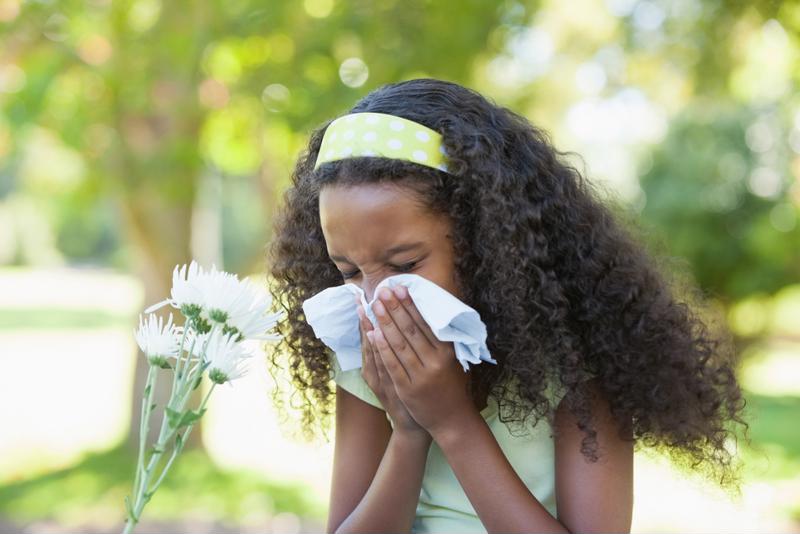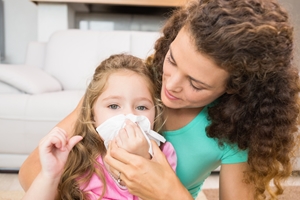
At a certain point, you know what your allergies look like. However, your kids may not know how to articulate their symptoms, and their allergies can go undiagnosed. Being able to spot the signs of allergies allows you to take steps to alleviate them. Here are some tips for discerning allergies in your children:
Know the symptoms
Unfortunately, allergy symptoms often look like a cold, which means discerning what's actually wrong can be challenging. If your child has allergies, he or she may exhibit one or more of the following symptoms:
- Stuffy nose.
- Sinus pressure.
- Itchy eyes.
- Coughing or sneezing.
- Upset stomach.
- Skin rash.
As you can probably tell, many of these – such as a stuffy nose, coughing, upset stomach and sinus pressure – are also present during illness. However, rashes and itchy eyes stand out. Taking all of these together strongly indicates your child has allergies.
Time the symptoms
Cold symptoms might be stubborn, but they do go away. Allergies, on the other hand, linger as long as the irritant does. Additionally, allergy symptoms align with seasonal changes, like budding flowers in the spring, and show up around pets. If your child has been experiencing the above symptoms on and off for a month, it's likely he or she has allergies.

Identify triggers
Speaking of seasonal changes and pets, be on the lookout for triggers. These are the allergens that cause your kids to experience symptoms. Some are obvious; your kids might start sneezing and rubbing their eyes when they visit a friend who has cats. Others take a while to cause a reaction. Finding the culprit that caused a rash is perhaps most challenging. Many things can trigger a reaction, but it's always immediate. Note everything you can think of that your kids touched right before breaking out. Also think of recent changes around the house, such as using a new detergent.
See a doctor
Your children's pediatrician will give you the best answer regarding symptoms and be able to rule out sinus infections and colds. Before your visit, gather as much information as possible. For instance, you might jot down times of day when your kids' symptoms are the worst or situations in which they spring up. Making note of the things your children have come in contact with is especially important when you notice a rash.
In addition to symptoms, check your family history. Do you or your spouse have allergies? If so, to what? Presenting this information to the doctor will help him or her provide an accurate diagnosis.
If the doctor suspects allergies, he or she might suggest treatment or allergy testing. The latter could come in the form of a blood or prick test. Allergy testing is optional, but can help you pinpoint which irritants bother your kids the most.
Make some changes
If you suspect your kids have allergies, you can take a few steps to relieve the symptoms. For seasonal allergies, keep your windows closed and use air purifiers to ensure they're not breathing in pollen. Both outdoor and pet allergies can be combated by cleaning often and well. That means vacuuming, dusting and sweeping your home and cleaning bedding every week to remove dust and pollen.









